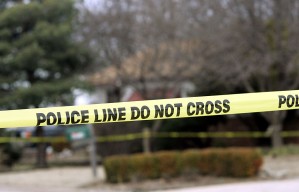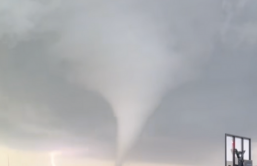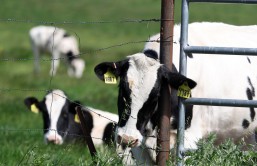Two suicide bombings have left 17 people dead in Iraq in an apparent revenge attack for the deaths of dozens of Sunni Muslims after an assault on a mosque.
Just hours after the Friday mosque attack in Diyala province, a suicide bomber drove a military vehicle full of explosives that detonated by a group of soldiers and Shiite militiamen, Reuters reported. Nine were killed in the attack near Tikrit.
On Saturday, a suicide bomber drove a vehicle straight into an intelligence headquarters in Baghdad, killing at least eight people, police told the news agency.
The bombings are said to be retaliation for 68 Sunni worshippers that were killed after Shiite militiamen open fired inside a mosque.
Iraqi politicians are currently scrambling to find a way to quell the sectarian violence, the worst the country has seen since the last sectarian civil war in 2006.
But their efforts have been severely hampered by the mostly Sunni militant group the Islamic State, which shocked the world by declaring a caliphate in June and has terrorized Iraqi civilians ever since in an attempt to establish their rule.
Iraq Parliament Speaker Salim al-Jibouri, a modest Sunni, denounced IS and the Shiite militias for killing other Sunnis.
"We will not allow them to exploit disturbed security in the country to undermine the political process. We believe the political process should move on," he said Saturday, Reuters reported.
Jibouri and Deputy Prime Minister Saleh Mutlaq withdrew from talks with Shiite officials until an investigation into the killings is completed and the victims' families are compensated, CBS News reported.
The decision to pull from the talks presents yet another setback for new Shiite Prime Minister Haider al-Abadi as he tries to form a Sunni-Shiite government to help battle the militants.
The U.S. condemned the attack and again maintained it stands firmly behind the Iraqi people.
"This senseless attack underscores the urgent need for Iraqi leaders from across the political spectrum to take the necessary steps that will unify the country against all violent extremist groups," said Marie Harf, deputy spokesman for the State Department, according to CBS News.








